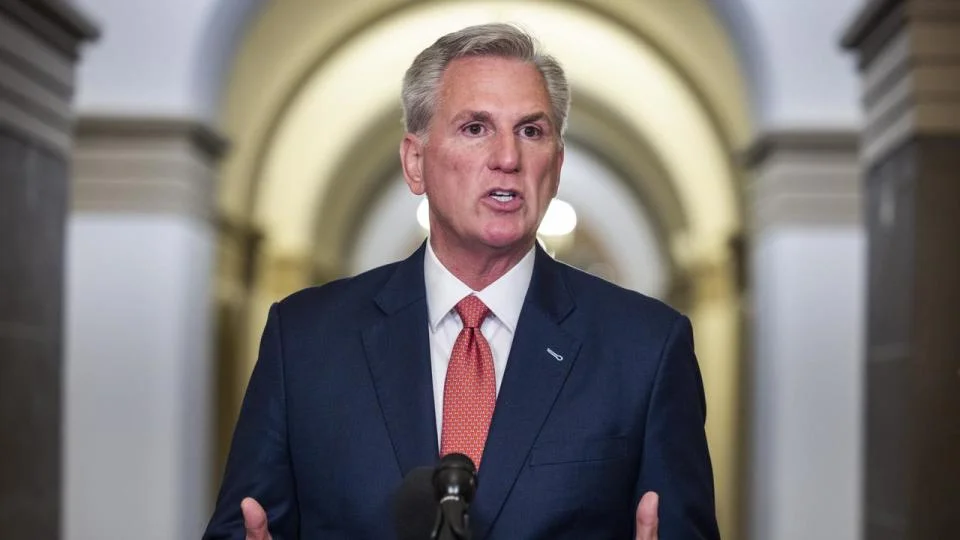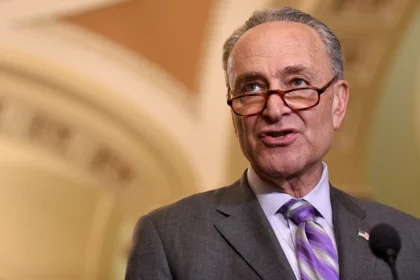As the deadline to raise the US debt ceiling approaches, President Joe Biden and Republican congressional leaders have engaged in emergency talks at the White House in hopes of reaching a resolution. The discussions have sparked a sense of cautious optimism, as both sides express their willingness to find a solution and avert a potential calamitous default. This article delves into the ongoing negotiations, the significance of raising the debt ceiling, and the potential implications of failing to reach an agreement.
The impasse over the US debt ceiling has forced President Biden to curtail his foreign trip and prioritize finding a resolution. Without a deal, the US could face a default on its staggering $31.4 trillion debt as early as June 1. This unprecedented scenario would have far-reaching consequences for the global financial markets, the US economy, and the nation’s credibility to meet its financial obligations.
Following an hour-long Oval Office meeting, President Biden described the discussions as “good” and “productive,” expressing a positive outlook for an agreement. Republican leaders, including House of Representatives Speaker Kevin McCarthy, echoed this sentiment, stating that a deal could be possible by the end of the week. The presence of a Biden-appointed representative in direct negotiations with Republican staff indicates an improved structure for the talks, potentially paving the way for progress.
Republican leaders have made it clear that support for raising the debt ceiling hinges on budget cuts and stricter work requirements for government aid recipients. However, these demands have faced strong opposition from House Democrats, who reject the notion of tying debt ceiling negotiations to unrelated policy issues. President Biden has emphasized the separation of debt default and budgetary concerns, underscoring the need for a clean resolution.
Economists and experts warn of dire consequences should the US default on its debt. Treasury Secretary Janet Yellen has described it as an “economic and financial catastrophe,” highlighting the potential for a recession and increased unemployment. The repercussions would extend beyond the domestic economy, affecting global financial markets and eroding international trust in the US as a reliable borrower. Countries like Russia and China could exploit the situation for their own geopolitical interests.
In the face of a looming default, lawmakers are under pressure to find a solution before the deadline. The last time the US approached a default in 2011, a deal was struck just hours before the deadline. However, the situation led to a downgrade in the US credit rating, a sharp decline in the stock market, and increased borrowing costs for the government. Senate Majority Leader Chuck Schumer emphasized the devastating consequences of default and urged against using it as a political bargaining chip.
The US debt ceiling negotiations have entered a critical phase, with President Biden and Republican leaders expressing cautious optimism for a deal. The stakes are high, as failure to reach an agreement could have severe repercussions for the US and global economies. As the discussions continue, the world watches with anticipation, hoping that a resolution will be reached to ensure the country’s financial stability and honor its obligations.




